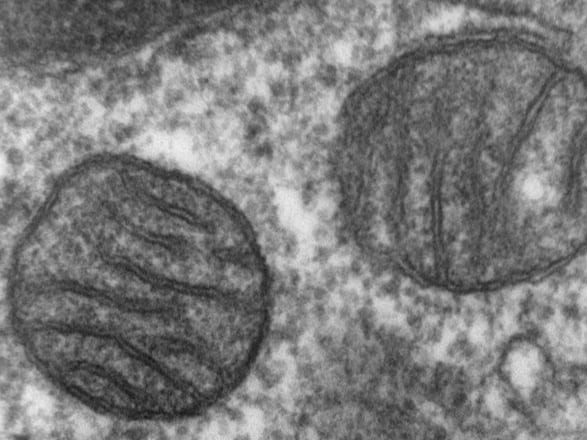Anxiety Disorders Linked to Changes in Mitochondrial Cells
Stress associated with anxiety may physically alter the makeup of mitochondrial cells, according to new research led by Iiris Hovatta of the University of Helsinki.
Chronic stress due to stressful events in life, such as divorce, unemployment, or loss of a loved one, are major risk factors for developing panic attacks and anxiety disorders, however, not everyone who experiences these types of events develop such disorders. To investigate why this might be the case, researchers studied mice that developed symptoms of anxiety and depression after being exposed to high levels of stress.
According to IFLScience.com, the researchers tracked the changes in gene activity and protein production in the region of the brain that is responsible for stress and anxiety. Then, using what they call a “cross-species multi-omics” approach, they analyzed the genes and proteins associated with mitochondrial cells and found a number of changes that occurred in the mitochondria of stressed mice compared to non-stressed mice. Similar changes were also found in the mitochondria of patients with a panic disorder after having a panic attack.
“Our analyses revealed a consistent convergence of differentially expressed mitochondria-related pathways in the blood samples from panic disorder patients after exposure-induced panic attacks,” the study authors wrote.
While Hovatta and her team acknowledge further studies are necessary to determine exactly what causes these changes but believe this is a critical step in developing better therapies to treat anxiety.














